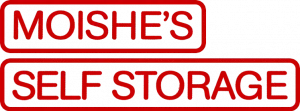
Storage units are a practical solution for decluttering, moving, or safeguarding items you don’t frequently use. However, not all items are suitable for storage. Knowing what you can and cannot store in a storage unit is essential for ensuring the safety of your belongings, maintaining compliance with storage facility rules, and avoiding damage or liability issues. In this article, we’ll outline the items you should never put in a storage unit, reasons for avoiding them, and alternative solutions.
1. Perishable Food Items
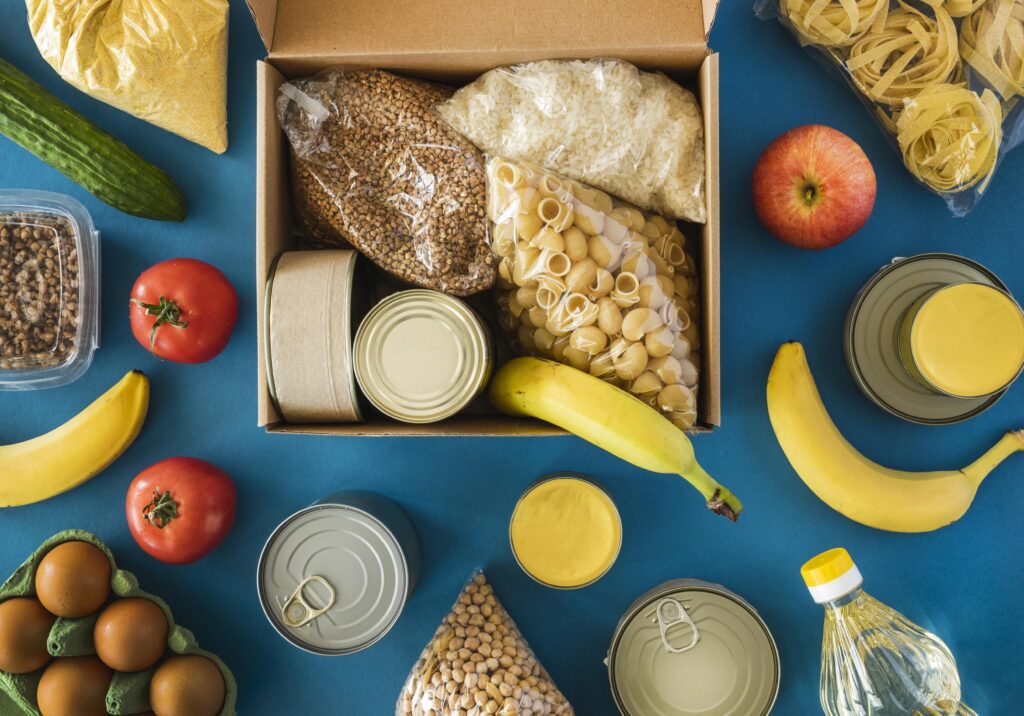
Food storage in self-storage units is a recipe for trouble. Perishable items like meat, fruits, vegetables, or dairy products can rot and attract pests, including rodents and insects, which could damage your belongings and those of neighbouring units. Even canned or packaged goods, though non-perishable, should be avoided, especially in outdoor storage units where temperature fluctuations can cause containers to expand, leak, or explode.
Tip: If you need to store food, consider alternative storage options like a pantry or specialized temperature-controlled facilities designed for food storage.
2. Hazardous and Flammable Materials
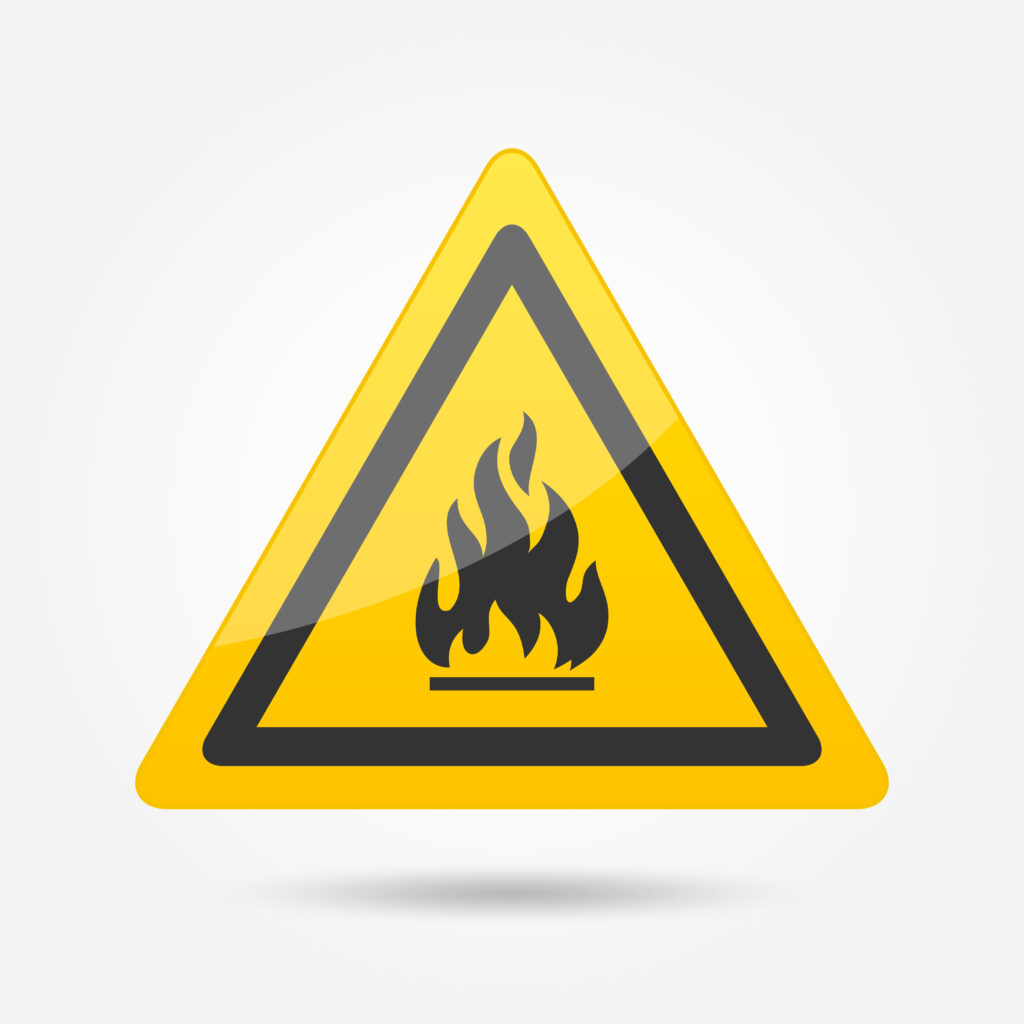
Storage units are not designed to house dangerous materials. Items like gasoline, propane tanks, paint, cleaning solvents, or fireworks pose a serious risk of fire or explosion. Many storage facilities explicitly prohibit these items due to safety regulations and insurance policies.
Examples of prohibited hazardous materials:
- Gasoline and diesel fuel
- Paint thinners and varnishes
- Cleaning chemicals
- Explosives and ammunition
Alternative: Store these items in a garage or shed designed for hazardous material storage, or properly dispose of them at a local waste management facility.
3. Living or Dead Organisms
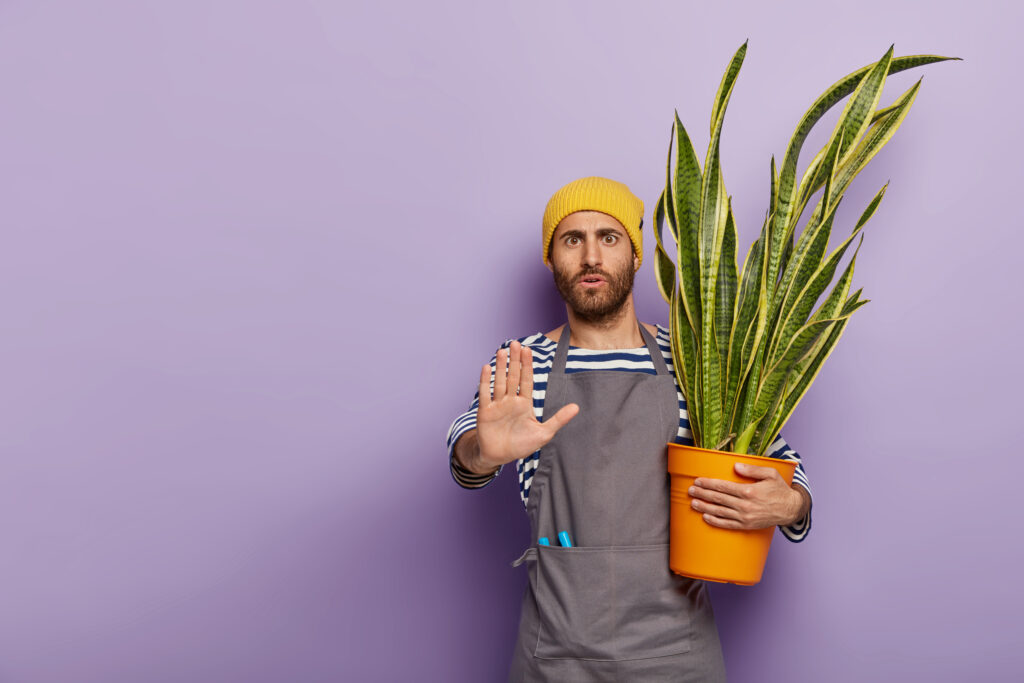
Living creatures or plants have no place in a self-storage unit. Plants need sunlight and proper ventilation to survive, while animals should never be confined in such spaces. Deceased animals or any biological waste are also strictly prohibited for hygiene and legal reasons.
Why it matters:
- Plants can attract pests or mould.
- Animals may suffocate or starve, leading to legal consequences for neglect.
4. High-Value and Irreplaceable Items

While storage units offer some security, they may not be the safest place for items like jewellery, rare collectibles, family heirlooms, or important legal documents. Storage facilities typically do not assume liability for high-value items, and standard insurance policies might not cover them in case of theft or damage.
Better options:
- Use a safe deposit box for small valuables.
- Keep irreplaceable documents in a fireproof safe at home.
5. Wet or Damp Items
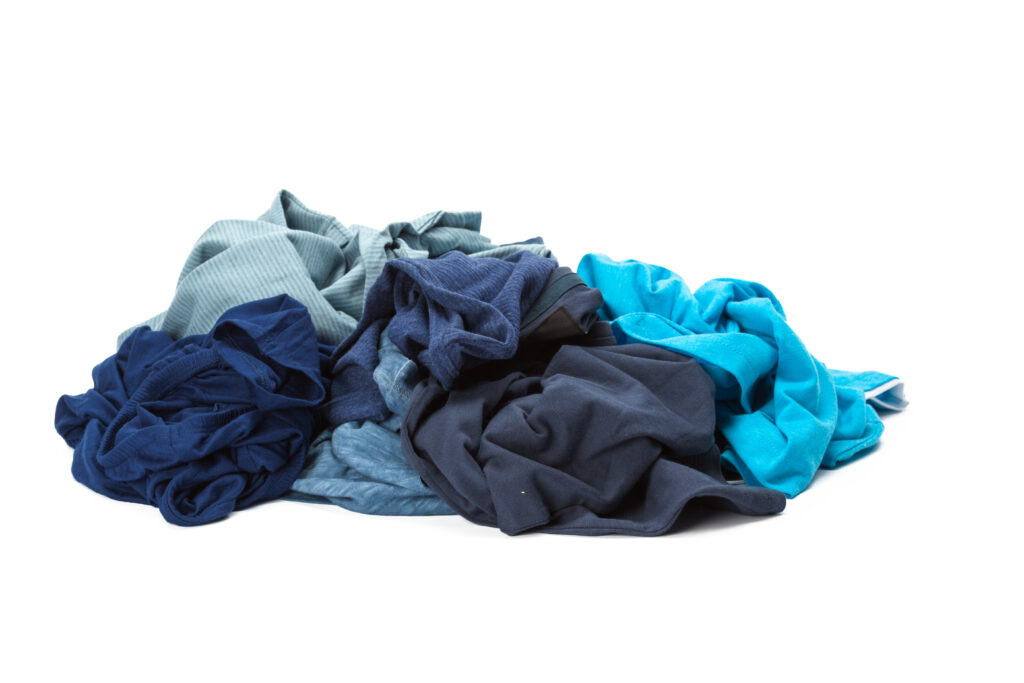
Moisture is the enemy of storage. Storing wet items can lead to mould, mildew, and water damage, potentially ruining other belongings in your unit. Damp items can also create odours and attract pests, spreading the problem beyond your space.
Examples of damp items to avoid:
- Recently washed clothes that haven’t dried completely
- Wet sports gear
- Damp furniture or rugs
Pro Tip: Always dry items thoroughly and consider silica gel packs to reduce humidity in your storage unit.
6. Hazardous Electronics
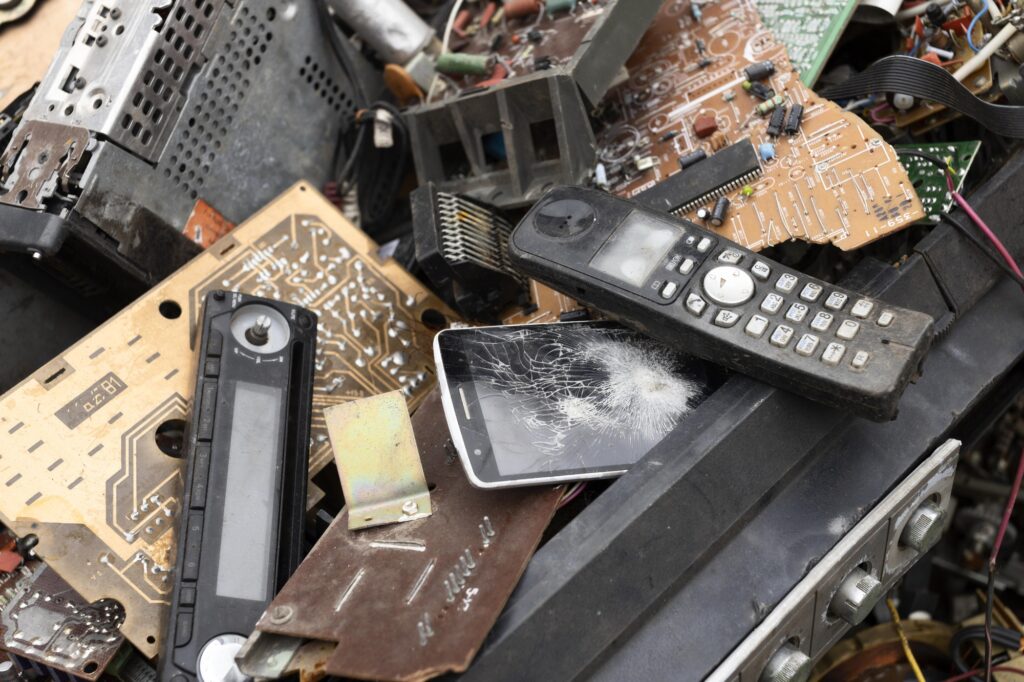
Items like batteries, electric devices, or items with built-in lithium-ion batteries can pose a fire risk. Inadequately stored electronics might also degrade over time, especially in non-climate-controlled units.
Examples:
- Laptops or phones with batteries left inside
- Plugged-in devices
Solution: Remove batteries before storage and consider climate-controlled units for sensitive electronics.
7. Personal or Sentimental Items That Can’t Be Replaced
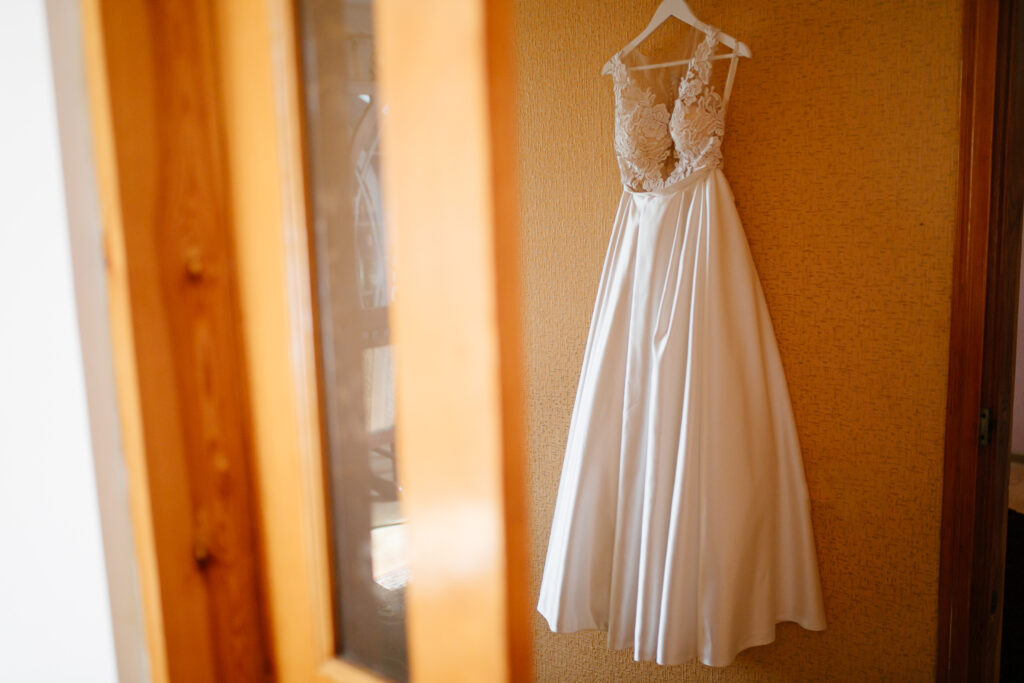
Photo albums, wedding dresses, or childhood keepsakes should not be stored in conditions where heat, humidity, or pests can cause irreversible damage. Even in climate-controlled units, you risk losing these precious items if something goes wrong.
8. Illegal Items
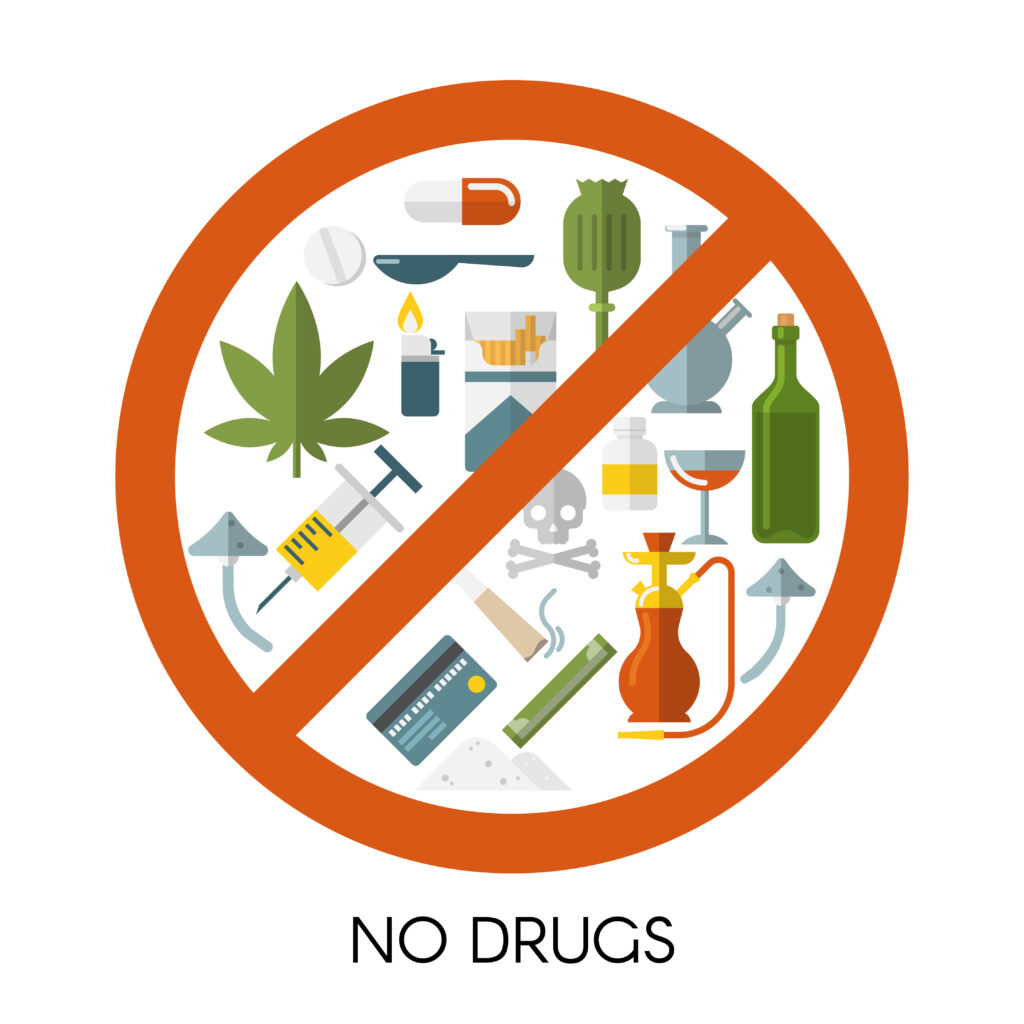
Storing illegal items, including stolen goods, drugs, or unregistered weapons, is against the law and the terms of your rental agreement. Storage facilities reserve the right to inspect suspicious units and involve authorities.
9. Vehicles That Are Inoperable or Unregistered
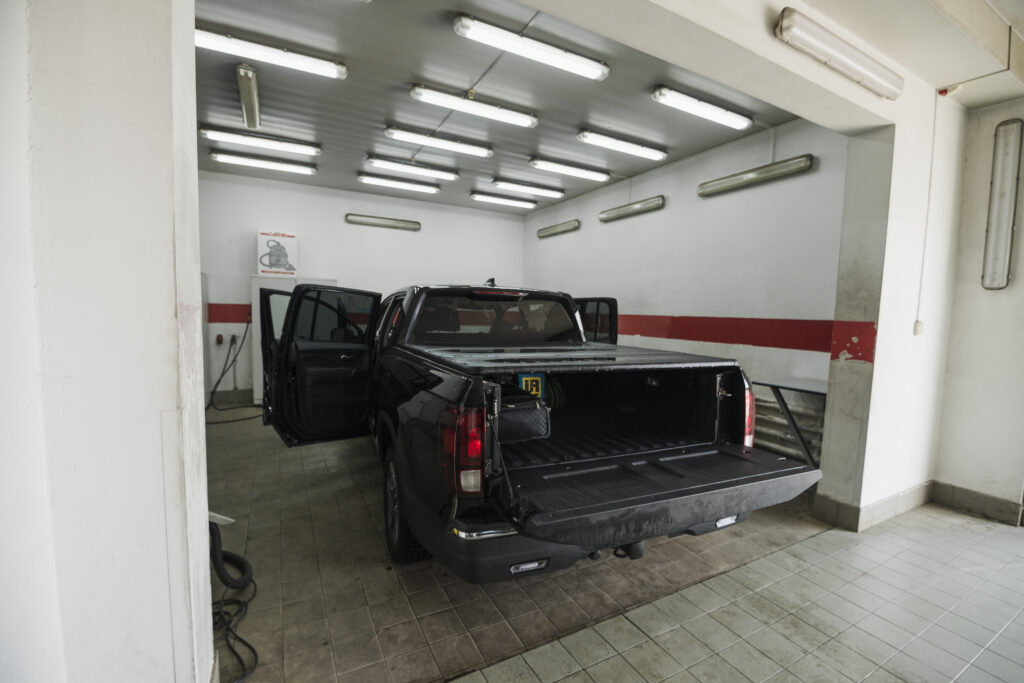
Vehicles stored in a unit must meet certain criteria. They typically need to be operational, insured, and registered in the name of the person renting the storage unit. Storing abandoned or unregistered vehicles could lead to penalties or eviction from the facility.
10. Items Sensitive to Extreme Temperatures

Items like candles, vinyl records, and certain types of artwork can warp, melt, or become damaged in high heat or cold temperatures. These should be stored in climate-controlled units or other temperature-stable environments.
What Can You Store in a Storage Unit?
While there are plenty of restrictions, storage units are ideal for storing:
- Furniture (tables, sofas, chairs)
- Seasonal decorations
- Clothing, if properly packed
- Electronics (with precautions)
- Books, documents, and artwork (in climate-controlled units)
How Moishe’s Self Storage Can Help
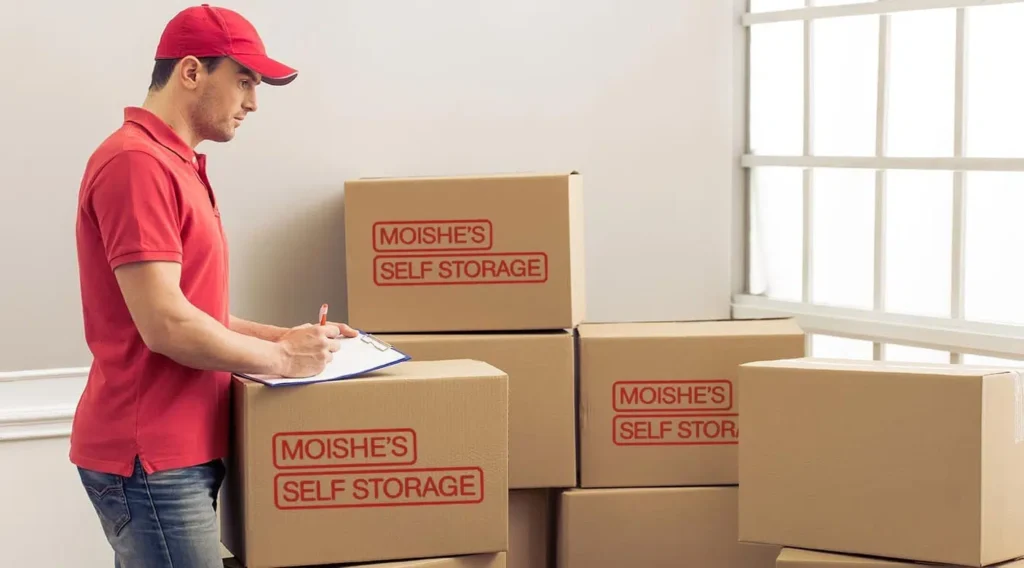
Moishe’s Self Storage is a trusted leader in secure and convenient storage solutions, offering over 30 years of expertise in meeting customers’ unique needs. With climate-controlled units designed to protect sensitive items like electronics, artwork, and documents, Moishe’s ensures your belongings are shielded from extreme temperatures and humidity. Our facilities are equipped with 24/7 surveillance, secure access systems, and on-site personnel to provide top-notch security, while our clean, well-maintained units create a safe and hygienic environment for storage. Whether you’re looking for short-term storage during a move or a long-term solution for seasonal or specialty items, we offer flexible options to suit your needs.
Beyond storage, Moishe’s enhances convenience with professional packing and moving services, helping you securely transport and organize your items. We also provide specialized storage solutions for items like wine, fine art, or archives, backed by competitive pricing and no hidden fees. With exceptional customer support, our experienced staff can guide you in choosing the right unit for your needs, making Moishe’s Self Storage the ideal choice for safeguarding your belongings while giving you peace of mind.
FAQs: Common Questions About Storage Units
What Cannot Go Into Storage?
You should not store perishable food, hazardous materials, living creatures, illegal items, or high-value belongings in a storage unit.
Will a TV Get Ruined in a Storage Unit?
It depends on the conditions. Use climate-controlled storage units to prevent damage caused by extreme temperatures or humidity.
Is It Safe to Put Candles in a Storage Unit?
Candles can melt or warp in non-climate-controlled units, so store them in a cool, dry place instead.
Is It OK to Put Clothes in a Storage Unit?
Yes, as long as the clothes are clean, dry, and stored in airtight containers to prevent moisture or pest damage.
Do You Need a Climate-Controlled Unit?
Climate-controlled units are ideal for storing sensitive items like electronics, books, and artwork in regions with extreme weather conditions.
Do Storage Units Have Outlets?
Most standard storage units do not have electrical outlets. If you need power, ask the facility about specialized units.
What NOT to Do When Storing Sensitive Items?
Avoid packing sensitive items in flimsy boxes or plastic bags. Always use high-quality materials like airtight bins and protective wraps.
